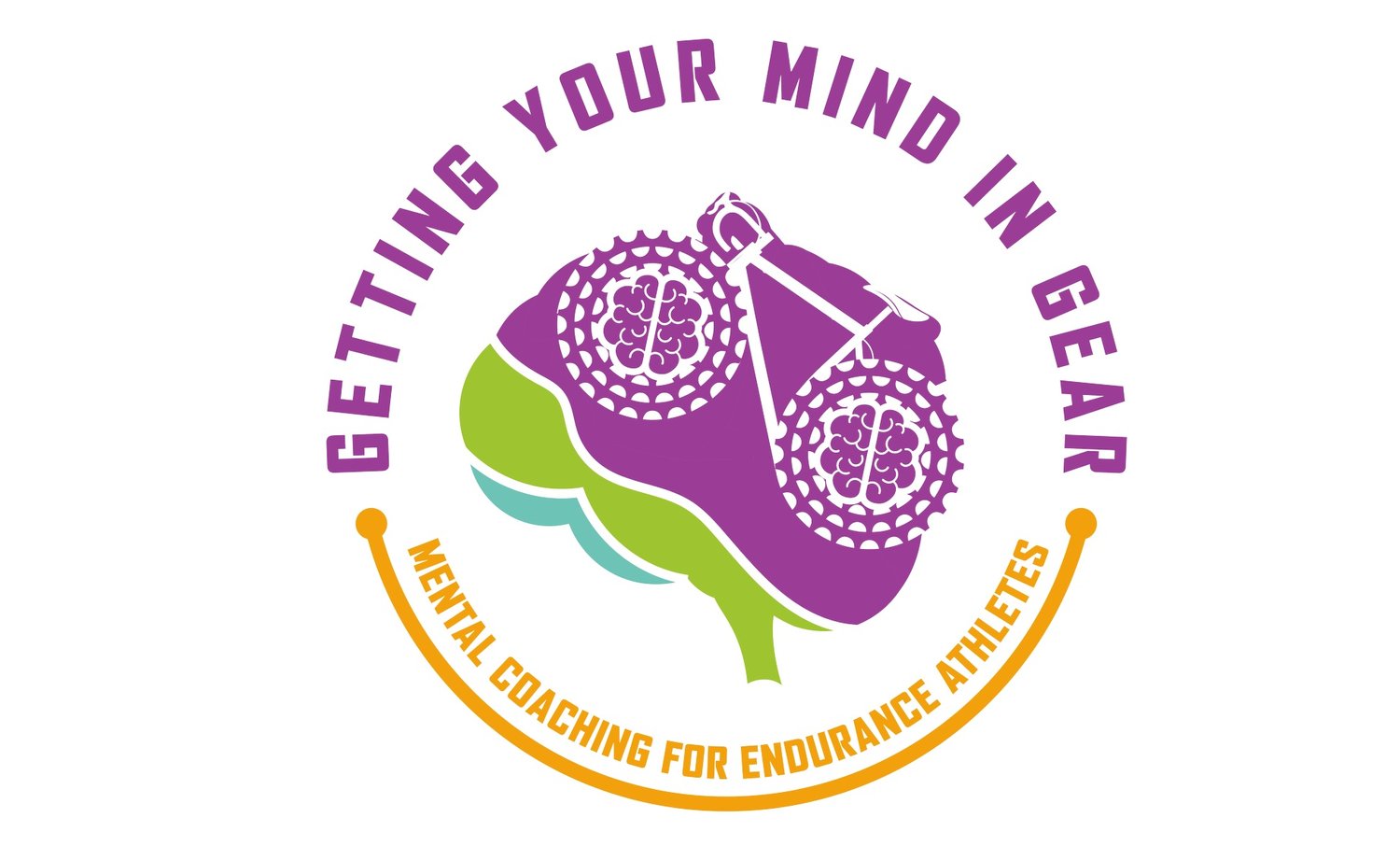"We Are Not Done Yet!": Shouting From the Rooftops About Menopause and the Mental Wellness of Active Women
I just returned from the Alliance of Social Workers in Sport (ASWIS) annual conference in the vibrant city of New Orleans—and this year, I spoke up for a population too often overlooked: active adult female athletes navigating the menopause transition.
Last year, my first time attending, I learned a ton about high school and college athletes. But on a panel, I dared to mention the "M" word, menopause. Fast forward to this year: I knew I had to go back, and I knew exactly what I needed to talk about.
My inspiration? The powerful connection I made right after that panel. A fellow attendee approached me, her eyes lighting up, "You're the one who talked about menopause!" She was "in the thick of it" and felt seen. That simple moment—hearing that my words resonated and provided comfort—is why I do this work. It fueled my application to present this year, and I was thrilled to be accepted.
Beyond the Finish Line: Recapping the Research
This year, I presented “Beyond the Finish Line: Understanding and Supporting the Mental Wellness of Active Adult Women.” The heart of my presentation came from a question I posed to the members of the "Hit Play Not Pause" Facebook group earlier this year:
"What do you wish social workers, psychologists, and other mental health professionals knew about active adult women?"
I was genuinely humbled by the vulnerability and willingness of nearly 50 women to share their experiences. Their responses showed a clear need for professional support that addresses this unique life stage.
The key takeaways clustered into five critical areas:
1. Activity is Mental Health Gold, Not Just Physical
We know exercise helps lower blood pressure and manage blood sugar. But as one member, Megan, put it, “We are not done yet—we’ve had careers, raised kids, but we have loads of adventures and living to do.” Intentional movement is often the first thing to drop from our busy lives, yet it's an essential tool for mood and anxiety management. We need ourselves and our providers to consistently prioritize movement for mental well-being.
2. Menopause Impacts Performance and Mental Health
This was the biggest theme. Women described their anxiety "going through the roof," sudden, irrational rage, and intense fear doing things they've done countless times. While anti-anxiety and antidepressant medications have their place, it's vital that healthcare professionals recognize and consider the profound impact of shifting hormones before prescribing. As Laurie noted, “We mourn the things we lose” and need support in navigating what comes next.
3. We Are Not Our Mothers' Generation
We are the first generation of women who have had athletic opportunities available to us from childhood thanks to Title IX (1972). Our mothers and grandmothers fought for gender equality, they fought for financial freedom. We stand on their shoulders. Our mothers navigated menopause in silence; research on women was minimal, and they lacked community outlets and they certainly did not have social media!. Our generation is different: we will not be silent. We are demanding and deserving of better care. We will pave the way for our daughters, nieces, granddaughters and future generations to not suffer the way previous generations did.
4. Mental Distress Isn't Always Visible
Mental health issues are often an internal, invisible struggle. You can't capture the depths of depression or the heights of anxiety on an X-ray or a blood test. Our culture encourages us to "pick ourselves up by the bootstraps," or to “keep calm and carry on” but loved ones can see the fallout: insomnia, decreased energy, or periodic fits of rage. This is why peer support groups, like "Hit Play Not Pause," are so popular—we long for a place to voice our concerns and connect with others who "get it."
5. We Demand Holistic and Personalized Support
For too long, medical research has been done on men. As one woman wisely said, "We are not just small men," and nowhere is this truer than during the drastic, life-altering changes of menopause. Thankfully, this is changing. We want care based on research done by and for women. Furthermore, we reject "cookie-cutter" treatments. We need doctors who listen, partner with us, and design a truly personalized treatment plan.
While none of these themes are entirely "earth-shattering," they collectively illustrate a reality: many women navigating this hormonal shift feel unseen and unsupported. My presentation was a shout-out to the mental health community: we need to step up, listen to these powerful voices, and provide the personalized, holistic care that active women deserve. Hopefully each of us can share our expereinces with others thus having an impact on the quality of care and treatment that we each receive.
I am very grateful for the women who shared their stories with me. Please don’t be silent. Share your stories, have your voice heard.
